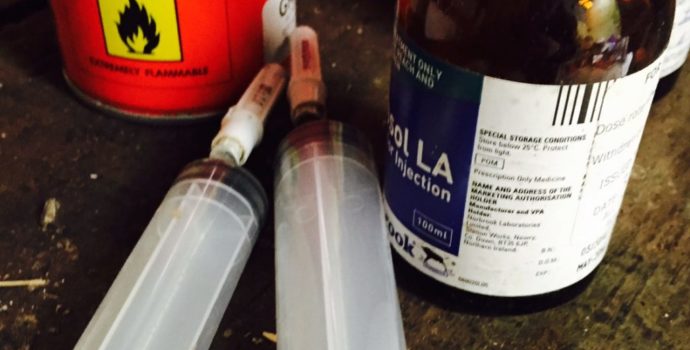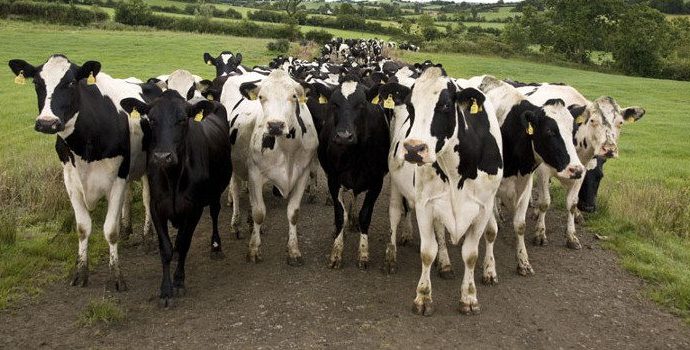IFA Calls for Eu Competition Investigation as Fertiliser Report Points to Price Fixing & Identifies €1bn Savings for European Farmers

An IFA-commissioned report by the Washington-based International Food Policy Research Institute (IFPRI) examining competition in Europe’s fertiliser industry has concluded that existing trade barriers are costing European farmers nearly €1bn in import duties and over 17,000 jobs could be created in the agri-food sector.
The Report was commissioned by IFA as part of its strategy to drive down excessive input costs to Irish farmers at a time when fertiliser prices remain stubbornly and excessively high.
With huge pressure on farm incomes, IFA National Chairman Jer Bergin said IFA expects an urgent investigation by the EU Commission on foot of the strong evidence put forward by the IFPRI report. In the first instance, he called on the Commission to cut input costs to farmers by abolishing duties and border taxes that only serve to protect European fertiliser producers at the expense of farmers.
The report also finds that ‘price fixing and cartels might be operating in the highly-concentrated markets such as Western Europe and calls for the need to further examine pricing behaviour and potential market power exertion in the industry’.
An IFA delegation led by Jer Bergin met the EU Commissioner for Agriculture Phil Hogan this morning to present the report to him and to discuss the income crisis in the sector. IFA also met DG Trade and DG Grow (internal markets) before the launch of the report this afternoon.
Jer Bergin said, “Fertiliser is the second biggest expenditure for Irish farmers with an annual spend of over €500m and the Commission must take action as family farm incomes are on the floor. The report takes an in-depth look at how the European fertiliser market functions comparing it to other major agricultural producing regions of the world. It is clear from the data collected that Europe’s market is not functioning as the duties and tariffs protect European manufacturers at the expense of farm families. For example, prices in Europe increased by 123% between 1970 and 2002, while prices in other countries like Brazil decreased by 65%”.
IFA Inputs Project Team Leader James McCarthy, who spearheaded the campaign for the abolition of the duties and tariffs, said, “The ongoing concentration of Europe’s fertiliser manufacturing industry, coupled with greater vertical integration of the sector’s supply chain, has seen farmgate fertiliser prices increase at an unjustified rate relative to other input costs. The industry historically blamed the disparity on rising energy costs. However, the steep fall in energy prices over the last two years has not been reflected in retail fertiliser prices to the primary producer.”
Fertilisers are farmers’ second highest expenditure item after feed. The combination of rising input costs, particularly for fertiliser, allied with falling commodity prices has decimated family farm incomes. Meanwhile, the net worth of fertiliser manufacturing companies has increased. The imposition of anti-dumping duties and customs tariffs on non-EU fertiliser entering the community is distorting the market by preventing real competition and endangering European agriculture and its export competitiveness. The immediate suspension of anti-dumping duties and customs tariffs would increase competition, reduce farmers’ costs, lift farm family incomes, support jobs in the rural economy while improving the competitiveness of Europe’s agri-food and drinks sector.
Copa and Cogeca is supporting the IFA call for the market situation to be addressed as it impacts unfairly on farm families across all Member States. It is an outdated and inappropriate instrument. Its abolition satisfies the current Commission’s request for measures needed to address the market crises in agricultural sectors.
Download the full report: Effects of import duty elimination on competition in the European Union (EU) Fertilizer Market




